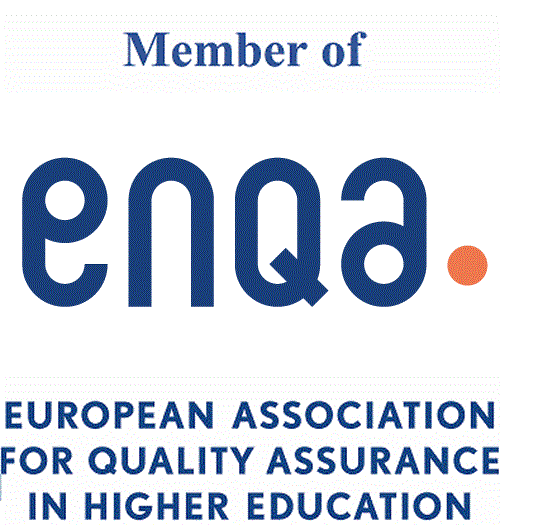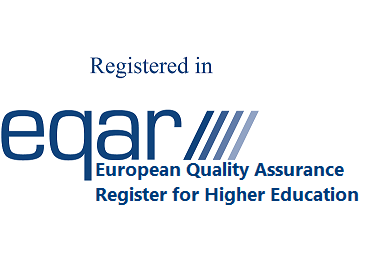On December 6, as part of ANQA’s 15th anniversary events, the VET conference "Economic growth through Skill Development" took place, attracting a large number of employers. As a result of the panel discussion "Aligning VET Programmes with Industry Needs for Economic Impact", employers and representatives from VET sector pointed out the key issues and areas for activity:
- VET institutions that actively cooperate with employers demonstrate success in producing specialists who meet the needs of the labour market.
- It is essential for the VET institution’s director to be proactive, possess a clear understanding of the business, the labour market and its needs.
- Recruiting employers as educators is difficult due to low payment. However, viable solutions can be identified.
- In the VET sector, beyond professional competencies and skills, soft skills like communication, decision-making and responsiveness to changes, are also important.
- The employer values both professional and digital skills.
- The employer sometimes notes that the student has acquired professional skills but does not match the work pace. Therefore, the employer also values the assignments given during the teaching process, emphasizing their compliance with the working environment and conditions.
During the discussion, it was mentioned that as a result of the academic programmes’ alignment, the VET institution gains:
- the academic programmes tailored to meet the needs of the labour market;
- the chance for the joint use of employers' resources aimed at the development of students' skills;
- the opportunity of engaging employer teachers to produce alumni ready for the labour market;
- the higher employment rates of alumni.
The employer gains:
- the opportunity of attracting specialists with both professional and transferable skills;
- the workforce with experience in a practical environment.
The members of the panel discussion were:
- Khachik Sahakyan, director at "Ferti" Charity Center" NGO,
- Elena Maritrosyan, deputy director for Educational Activities of the French-Armenian Vocational Education Center;
- Haykuhi Gevorgyan, director at the Professional Orientation and Skills Development Center, National Institute of Labor and Social Research,
- Artavazd Torosyan, director of the Shengavit Territorial Center of the Unified Social Service.
The panel discussion was moderated by Armenuhi Mheryan, external expert.




